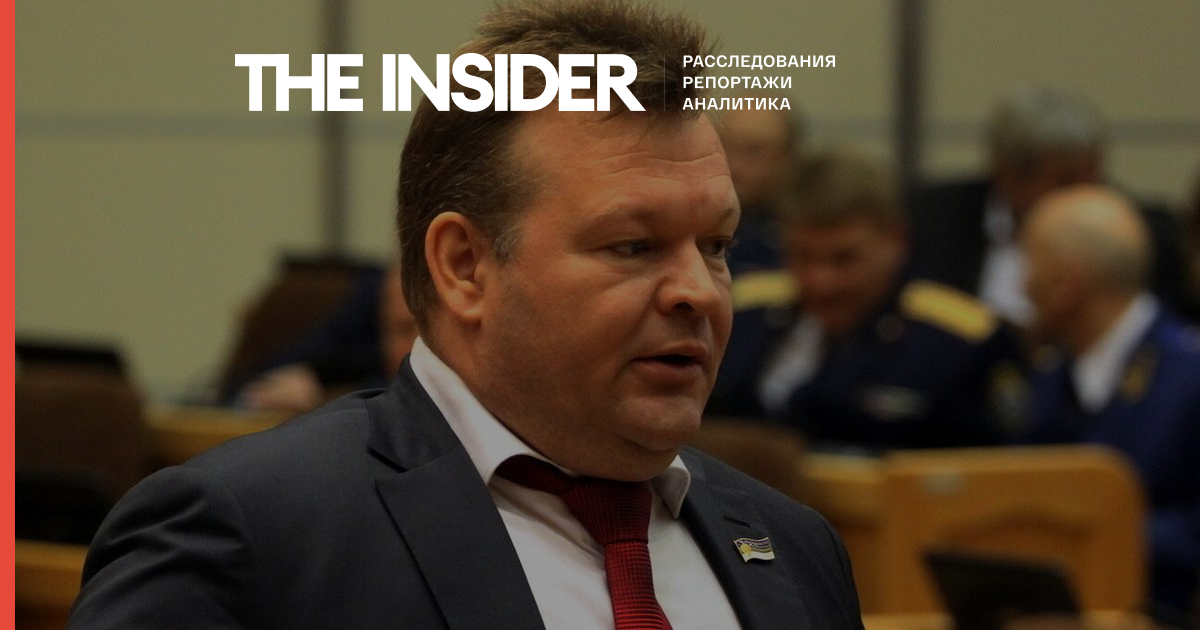Army reform was announced in 2008, including following the results of the war in Georgia. In principle, here we can talk about the legacy of several previous leaders – in the organizational and administrative part, this is the Minister of Defense Anatoly Serdyukov, in the military unit these are two chiefs of the general staff – Yuri Baluyevsky and Nikolai Makarov.
To a large extent, Serdyukov’s legacy has survived and is up to date. So, the one-year service life has been preserved; continued success in the fight against hazing in the army (although according to some sources there is a regression here). Unfortunately, the Ministry of Defense practically does not publish data on hazing, but we know from third-party sources that such incidents occur. Nevertheless, the situation is now much better than it was back in the early 2000s, when Serdyukov and Makarov began to carry out reforms. A new division into military districts has also survived today. The brigade structure has survived, albeit incompletely, and the need for it continues to be debated.
If you look at the successful operations of the Russian armed forces – in Syria, Crimea – all of them were provided with armed forces, combat training and re-equipment of which with modern technology began precisely under Serdyukov. The main deliveries of weapons and military equipment in the 2010s are deliveries under contracts signed in 2009-2012. Now deliveries are underway under the following contracts, and their volumes are often less than the previous ones, in strict accordance with the instructions of the president, who has been saying for several years that military spending will be reduced. Compared to the mid-2010s, the production of military equipment has significantly decreased.
At the same time, Serdyukov could always be criticized. When he was Minister of Defense, he was criticized quite harshly and nothing happened to anyone. And now it so happened that Serdyukov and his legacy turned out to be very convenient objects for criticism. But under the new rules, free discussion in the press on certain issues is not allowed.
We have a rather strange situation when an issue that seems to be of national interest – the defense of the state, confrontation with foreign armed forces and military development, is discussed in a very limited mode. Now you can praise the Ministry of Defense, you can praise the minister personally, you can praise the personnel performing all the assigned tasks. But does this mean that there are no problems in the army? No, it doesn’t. There are problems, and these problems are very serious, they are connected both with the equipment of the armed forces and with the prospects for military development. All these problems should be discussed both in parliamentary structures and in the media, but this is not happening. This is a question for the political climate of our country, which did not become so yesterday.
When I was working at Izvestia, a funny thing happened. They asked me if I could write something about Sergei Shoigu, and I said that I could, but the Defense Ministry probably won’t like it, since I disagree with Sergei Shoigu. They told me: “Nothing, write.” When I passed this material, there were no questions for it. He went through the necessary approval procedure, I could not put it personally on the site, I simply did not have such a button. Also, there were no edits, it came out in the form in which I gave it, with the exception of some corrections for punctuation. And then what happened – he came out, he was noticed, he did not like him, they demanded to remove him and then I was fired. I also had problems with the ministry later, I tried to get a job in the media, but they told me in plain text: “Sorry, we love you very much, but we cannot. Our investors do not want to enter into such a conflict. ” That is why I am not doing journalism now.







